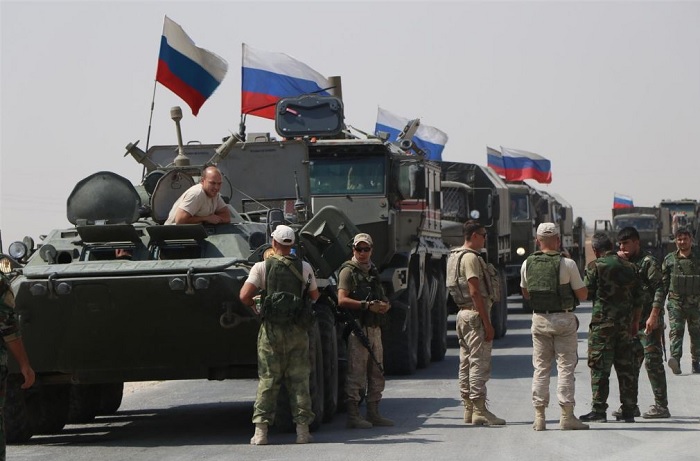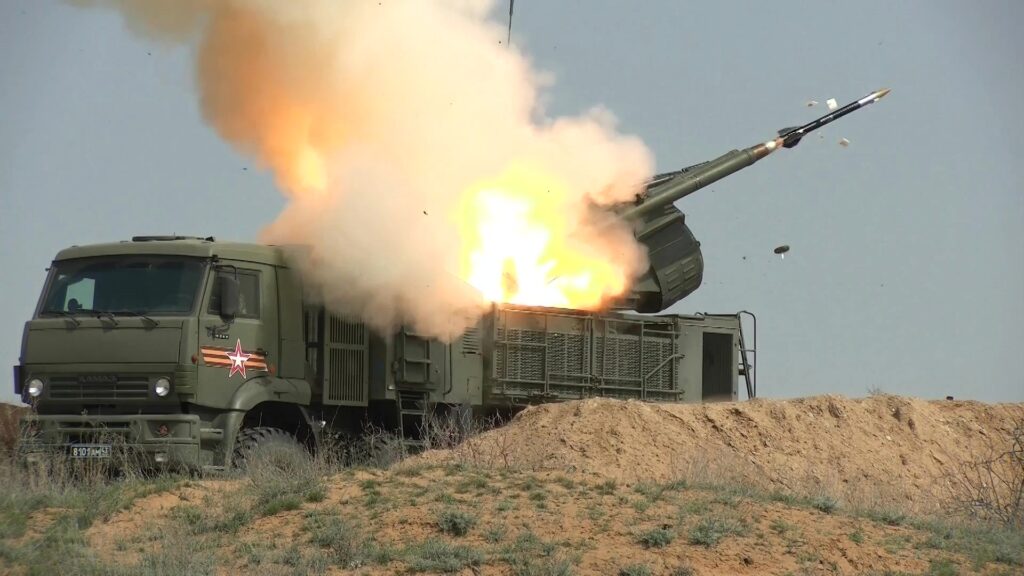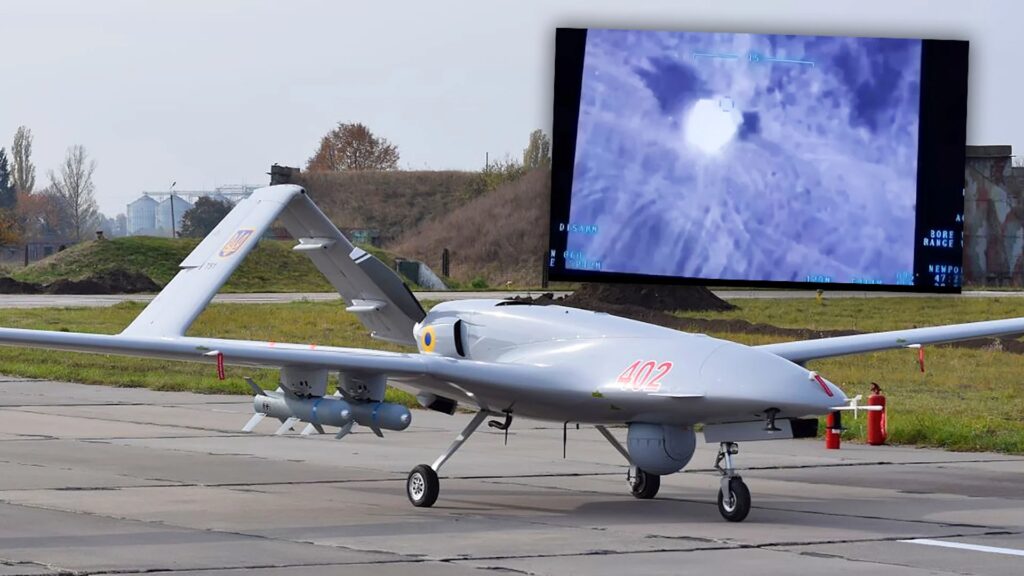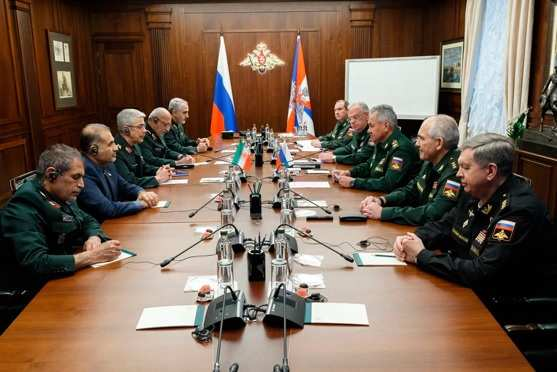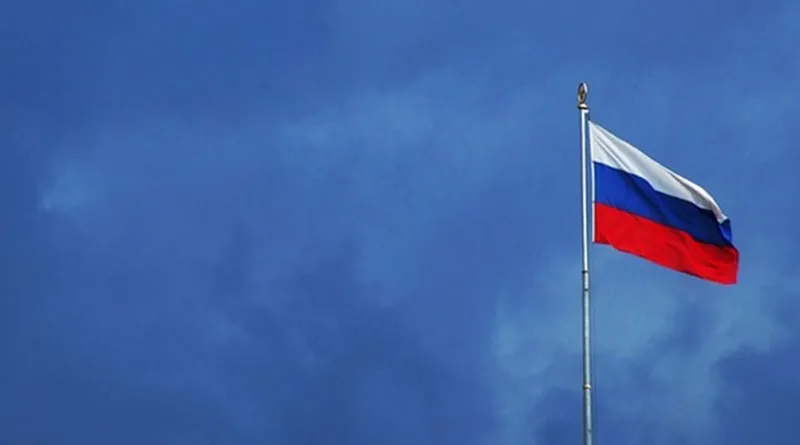Ukraine’s complicated path to NATO membership
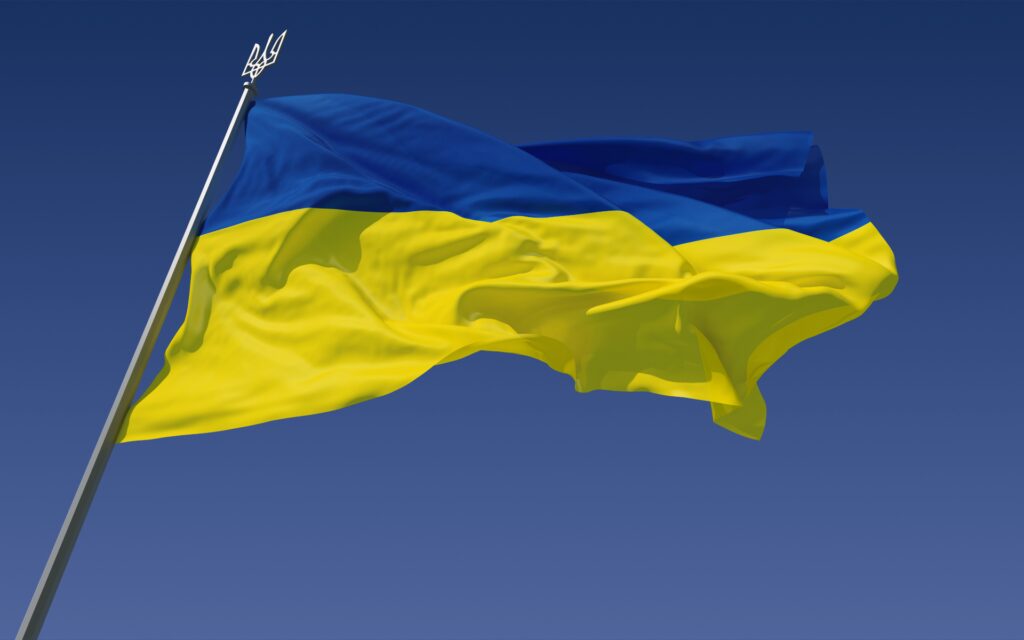
Amid numerous discussions about the future of Ukraine – a country that has been unable to form a single nation in 30 years of independence, and is torn apart by interethnic, linguistic and economic contradictions, Europe should ask itself just what Ukraine really means to it. And the answer will be the same – a buffer zone, because this clearly reflects Ukraine’s geopolitical role in relations with NATO and the EU. The Alliance needs Ukraine as a buffer zone, and even not all of it at that.

